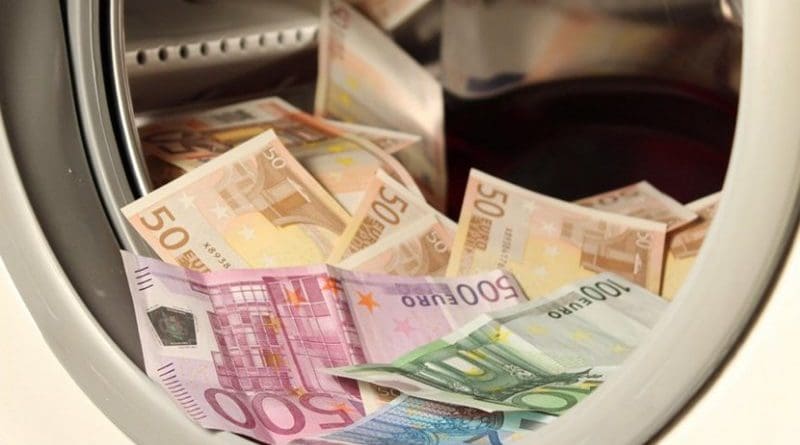The UAE Wants The World’s Money, But Only If It Is Clean – OpEd
By Arab News
By Frank Kane*
While the UAE wants the world to put its cash into the country, it is becoming increasingly choosy where that money comes from.
That is the lesson from two pieces of legislation introduced in the Emirates in the past week. Both have been some time in the making, which should ensure they can be implemented quickly and effectively, and both are vital if the UAE is to retain its position as the financial hub of the Middle East.
The first is a comprehensive UAE investment law, which will recognize a new class of incorporation — the “licensed foreign investment company.” The most important part of the new law is that these entities will “be granted the same treatment as national companies,” a vital stipulation if foreign cash is to be truly welcomed into the UAE.
The Ministry of Economy will set up a foreign direct investment (FDI) unit to oversee the implementation of the new law.
Some context is essential here. Last summer, in a truly transformational move, the UAE announced that it would allow foreign corporations 100 percent ownership of businesses in the UAE.
Previously, if a foreigner wanted to set up, it would either have had to take on a majority Emirati partner or choose a free zone. There were perceived drawbacks to both approaches.
Now, with the new FDI law, a big obstacle to the implementation of the 100 percent ownership principle is removed. If foreigners are guaranteed the “same treatment” as nationals, it goes a long way to ensuring a level playing field in the Emirates.
Much will depend on the detail. In particular, there should be some clarity on the process for buying out an existing Emirati majority shareholder, should a foreign investor want to go down that route
But it is a welcome initiative and backs up the other proposals over the summer on longer-term residency for big investors and in-demand professions.
However, the authorities recognize there is no point in making it easier to attract money into the UAE if there is the possibility that this cash will be “dirty” — the proceeds of financial crime and corruption in another country with lower financial standards, for example, or for purposes of further financial crime, related to smuggling, sanctions busting, or terrorism funding. This has been a challenge for the UAE in the past.
There was an era when large suitcases of cash could be brought into the country and deposited in banks or used in commercial transactions with few questions asked.
Those days are in the past. Now, would-be investors have to run the full gamut of regulatory checks, from proof-of-funds evidence to know-your-client procedures.
Some in the international regulatory set-up were obviously slow to cotton on to the fact that the UAE has largely got its own house in order in recent years. The EU authorities put the country on a “tax haven blacklist” late last year, only to remove it quickly and humiliatingly when the Emirates’ financial authorities showed they took as much care against financial abuse as many EU countries.
More recently, the Organization for Economic Cooperation and Development took exception to the UAE’s rules on residency, which they said facilitated tax evasion.
The new rules on money-laundering and terrorism finance should help soothe some of those fears. The laws bring the UAE in line with the requirements of the Financial Action Task Force, the intergovernmental agency set up nearly 30 years ago to tackle global financial crime.
The main financial hub in the UAE, the Dubai International Financial Center, has also strengthened its own regulations against financial miscreants, enabling it to strike would-be wrongdoers off its lists in the case of non-compliance.
It is a delicate bit of choreography for the UAE, and for other Arabian Gulf countries that want to attract FDI. The appeal of economic life in these countries has traditionally been that citizens and residents get their monthly salary checks with no tax deductions.
If it looked as though the Arabian Gulf countries were moving toward a full tax regime, it might affect their attractiveness to foreign talent, as well as requiring a whole new economic model.
But that is a different debate. For now, it is good that the UAE is seeking to further open its economy to global investment trends, and to ensure adherence to international best practice in doing so.
*Frank Kane is an award-winning business journalist based in Dubai. Twitter: @frankkanedubai

